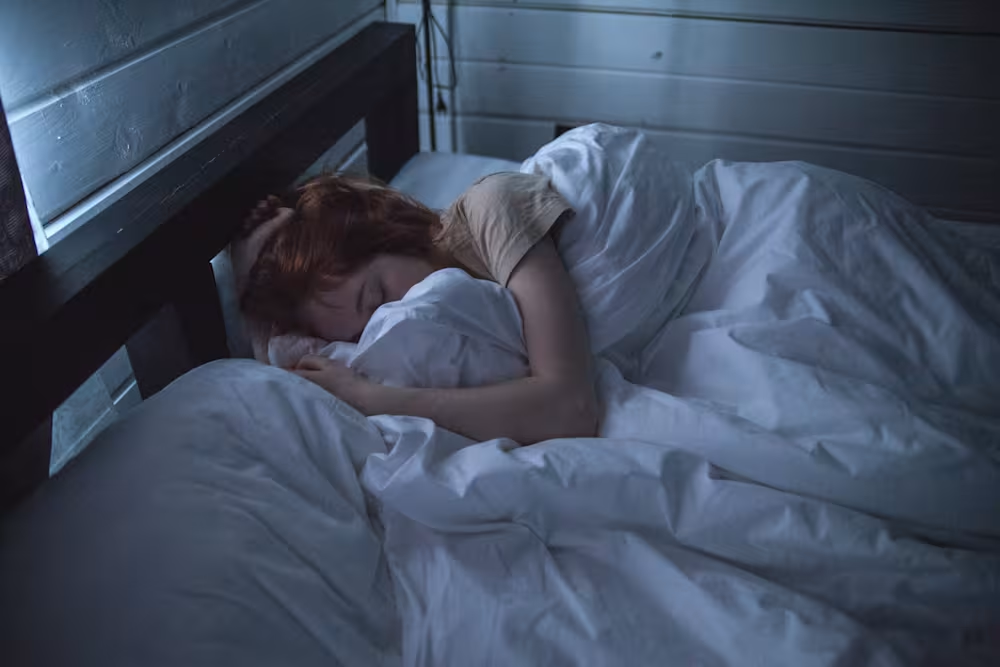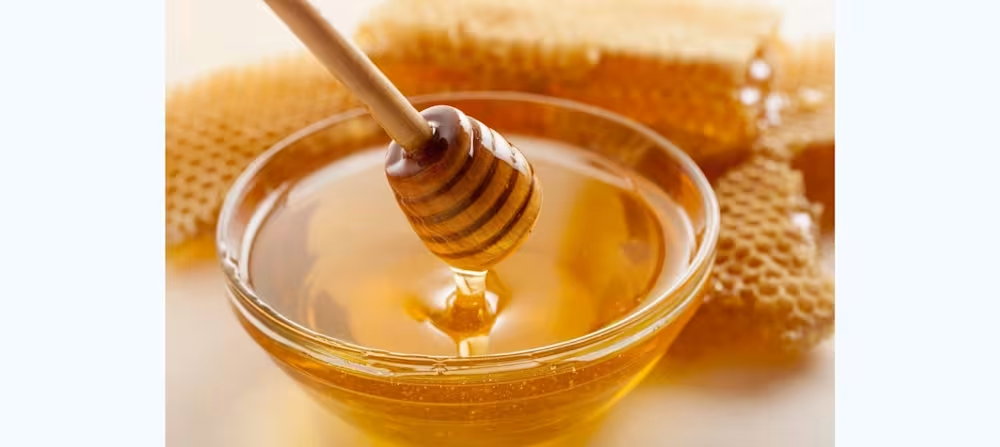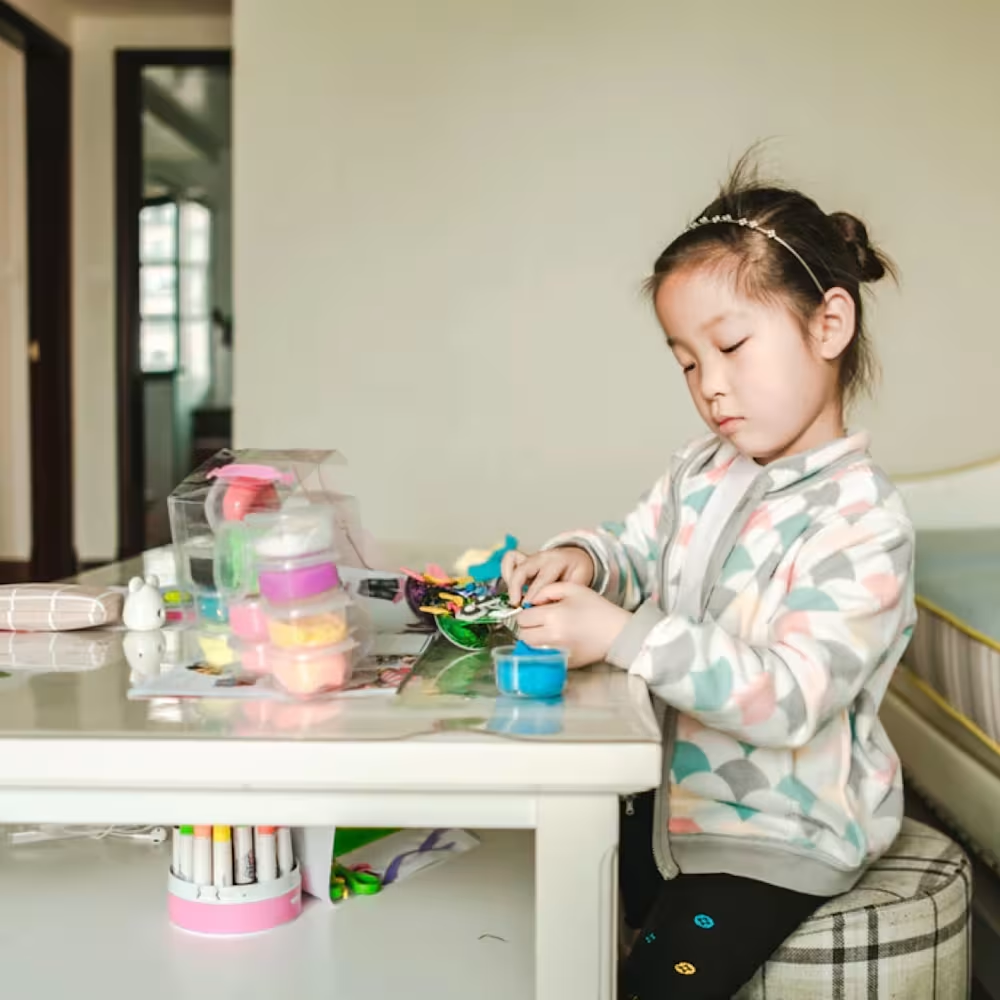Navigating seasonal allergies in kids: Tips for parents
Updated Jan 02, 2026

Help! My child’s got a runny nose again! While this seems to be a common part of childhood, a runny or stuffy nose can be caused by other things than just the common cold.
Seasonal allergies (also known as hay fever) are very common and quite frankly can be highly miserable for sufferers at certain times of the year.
As parents, we tend to be worried about many things! Allergies come pretty high up the list though. Some allergies, for example, (egg, nuts, and dairy) may be a concern. However, did you know that some allergies can come and go?
In this blog post, we’ll discuss the most common seasonal allergies, why they exist, what to do to make our little ones more comfortable, and importantly, when to consult a pediatrician.
Understanding seasonal allergies in kids
Hay fever is the most common childhood condition caused by allergies []. Up to 1 in 5 children have a seasonal allergy in the United States []. Seasonal allergies can cause runny or stuffy noses, itchy and watery eyes, headaches, and fatigue. It’s likely your child will experience some discomfort if they suffer from seasonal allergies.
While seasonal allergies are common and frustrating for sufferers, the good news is they can be well managed in conjunction with your child's doctor. A range of medical and non-medical options are available to relieve the discomfort, as well as some practical environmental steps to take.
Common allergens that trigger seasonal allergies in kids
Pollen
The most common seasonal allergies are related to pollen. This allergy is also known as hay fever. The pollen from trees, flowers, and grass can trigger a reaction.
Most common seasons: Spring, summer, fall.
Mold
Mold is also problematic for many people, and some children are particularly sensitive. Mold can give off spores and is particularly common in damp or humid environments. Households with poor ventilation can be prone to mold.
Most common seasons: Can be year-round, most common in fall and after prolonged periods of rain or humidity.
Dust mites
It sounds a little gross but they are everywhere! In bedding, carpets, and soft furniture. However, usually, we coexist pretty well, they don’t bite or sting and are so tiny we could never see them with the human eye. Sometimes (like with the other allergies above) we can be more sensitive to these little creatures than others. This causes the body to react.
Most common seasons: Year-round, potentially worse in summer [].
Animal dander
Pet allergies are common. The dander that is shed by animals with fur or feathers can trigger allergies with symptoms similar to hay fever. Some animals shed more in the hot months (to keep themselves cool) so you may notice an increase in symptoms at this time of year.
Most common seasons: Year-round, potentially worse in summer [].
Recognizing the symptoms of seasonal allergies kids
At first, you may think your little one has a cold or flu! The signs and symptoms of seasonal allergies can be very similar. Often you may notice they have a runny or stuffy nose. They may also be rubbing or itching at their nose or eyes.
Sometimes, if near the pollen, they may experience coughing or sneezing. When seasonal allergies are quite severe, your child may complain of a headache or appear tired and run down (fatigue).
If your child also has asthma, then hay fever can sometimes make asthma worse, and they may complain of having a tight feeling in their chest or may be wheezy.
Symptoms may resemble the common cold
If it’s the first time you notice these symptoms in your child you can certainly be forgiven for thinking they’ve perhaps picked up (yet another!) cold at the grocery store, school, or daycare.
However, you may notice the symptoms get better when they come indoors or are worse on some days than others. At nighttime, they may even clear up completely.
Then, you may notice they are triggered at certain times of the year, or when you visit a particular outdoor environment such as a park.
Seasonal allergies and hay fever won’t get better over a few days like the common cold will do, so if your child is still suffering from a runny nose and coughing after a week then that may be a good sign there’s something else to blame!
Can allergies affect my child's sleep patterns and overall well-being?
Certainly. Any condition that causes discomfort can affect sleep and well-being. Then, in turn, poor sleep can affect how we feel the next day and the cycle can be tough to navigate.
While the pollen count won’t be high at night, if you’ve dried the sheets outside, or had windows open, then the pollen may still be inside the bedroom, affecting sleep quality at night.
If they have congestion, a runny nose, or itchiness then it can make our little ones uncomfortable. This discomfort can affect settling at bedtime and may keep them awake at night. The wakings may be frequent and need a caregiver’s help to resettle.
The good news is that taking some steps to try and eliminate (or reduce) pollen indoors and also working with your child’s doctor, can help to control these nighttime effects.
When to consult your pediatrician
Luckily most seasonal allergies can be appropriately cared for and managed at home or with the help of either your local pharmacy or pediatrician.
However, an appointment with your pediatrician or pediatric allergist to discuss the signs and symptoms is advised so the specific allergen can be managed appropriately.
This is incredibly important if your child also suffers from any condition that affects their breathing, such as asthma.
Methods used by doctors to identify specific allergens
Often, taking a full medical history and identifying the triggers that are behind the signs and symptoms will be enough to diagnose your child with seasonal allergies or hay fever.
In some circumstances, your doctor may perform a skin prick test or an allergy blood test []. They will give you more information about this in advance of any tests.
How to manage seasonal allergies for your child
Once your healthcare provider has ruled out any other contributing conditions, they may recommend your child start to take an antihistamine. This is typically a tablet or liquid that’s taken by mouth. It can help relieve some of the itchiness and also relieve the runny or stuffy nose. They may need to continue taking this regularly during the season.
If your pediatrician thinks it's necessary then the child may also be prescribed a steroid nasal spray which can help reduce inflammation and relieve symptoms such as sneezing and a runny nose. Nasal steroid sprays typically take 2 weeks to have an effect.
Other treatments are available if your child’s allergies are not getting better and are affecting their daily life significantly (such as they’re not able to concentrate at school). You can discuss further treatment options with your child’s doctor [].
NOTE: Not all hay fever treatments are suitable for children and the correct medication and dosage should be discussed with a health professional. Medications may have side effects.
Nasal irrigation and saline solutions
If you wish to explore an alternative approach you may want to try using a saline spray or nasal irrigation. This helps to keep the nasal passage nice and moist (great for a stuffy nose!) and can help thin or flush out mucus and the allergens trapped within it.
Staying hydrated can help thin mucus and ease congestion
Make sure your child is drinking enough . It is important to keep them hydrated, this will help thin mucus production and ease congestion.
10 top environmental tips to help seasonal allergies
If your child suffers from seasonal allergies, you may also want to take the following measures to help reduce the environmental impact during these seasons:
Shower or bathe when coming inside and change clothes.
For grass pollen allergy, it may be helpful to remain indoors when the grass is mowed.
Keep doors and windows closed while using air conditioning if possible.
Investigate using an allergy-grade (or HEPA) filter in your home ventilation system.
For a mold allergy, you may want them to avoid playing with fallen leaves in the fall.
You may be able to find a pollen filter to fit into the vents in your car.
Wearing sunglasses can help stop the pollen from getting into their eyes.
If possible, you may want to dry clothes inside, so they don’t catch pollen when hanging outside on the line to dry.
Check the weather forecast for the days when there is a high pollen count and organize some indoor activities when this occurs.
Pollen counts can be highest early in the morning so try to avoid being outside during this time.
Takeaway
Seasonal allergies are very common but can cause significant discomfort with a runny or stuffy nose, itchy eyes, and headache.
Seasonal allergies are worse at different points in the year and certain trees, or plants cause different triggers for different individuals.
Seasonal allergies cannot be “cured”, but there is a range of both medical and non-medical ways to manage the condition and relieve the discomfort.
It’s important to discuss your concerns with your child’s doctor. After taking a full history and examining your child they will be able to advise the most appropriate treatment for your child.
You will also want to help limit your child’s contact with the pollen causing the issues by taking some environmental steps.
Share article:
Note: The content on this site is for informational purposes only and should not replace medical advice from your doctor, pediatrician, or medical professional. If you have questions or concerns, you should contact a medical professional.
5 Sources
Share article:









